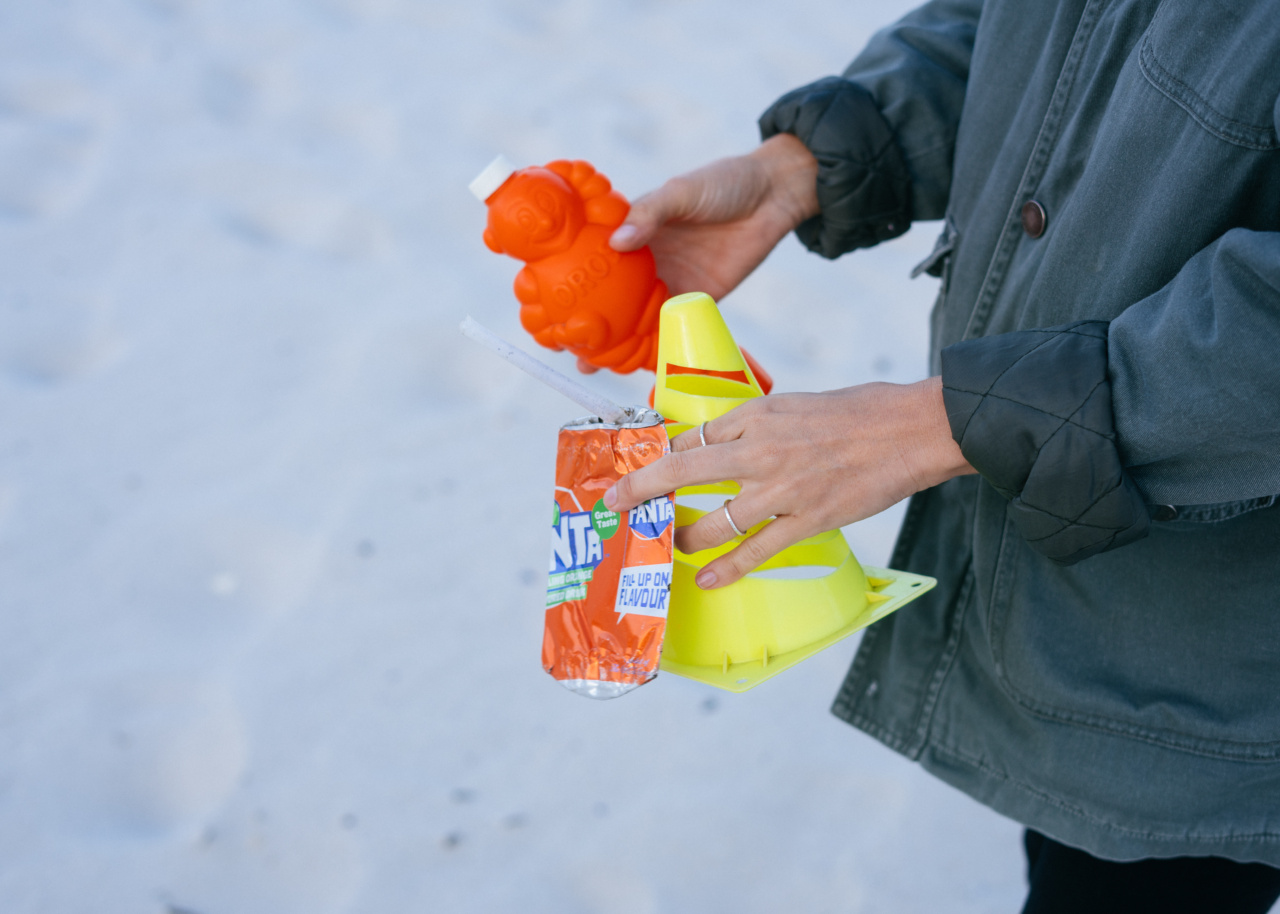When undergoing in vitro fertilization (IVF) treatment, women often focus on their diet and overall nutrition to optimize their chances of successful conception and a healthy pregnancy.
However, many women overlook the potential dangers posed by toxic chemicals found in packaging materials. These chemicals can leach into food and negatively impact fertility and reproductive health. In this article, we discuss the importance of nutrition in IVF and provide tips on how to safeguard yourself from toxic chemicals in packaging.
The Impact of Nutrition on IVF Success
Nutrition plays a crucial role in preparing your body for IVF and improving your chances of successful conception.
A well-balanced diet rich in essential nutrients can optimize hormone levels, promote egg quality, and enhance overall reproductive health. Here are some key nutrients that are beneficial for women undergoing IVF:.
- Folate: Folate, also known as folic acid, is essential for DNA synthesis and cell division. It is especially important during the early stages of pregnancy when the neural tube is forming. Good sources of folate include leafy greens, citrus fruits, and legumes.
- Omega-3 fatty acids: Omega-3 fatty acids have been shown to improve fertility by regulating hormone production, reducing inflammation, and promoting healthy egg development. Include fatty fish, flaxseeds, chia seeds, and walnuts in your diet to boost your omega-3 intake.
- Vitamin D: Vitamin D plays a crucial role in reproductive health and may enhance the success of IVF. It helps in follicular development and implantation of the embryo. Exposure to sunlight is the best natural source of vitamin D, but you can also find it in fortified dairy products, egg yolks, and fatty fish.
- Antioxidants: Antioxidants protect the body from oxidative stress and are believed to promote better embryo development during IVF. Include colorful fruits and vegetables, such as berries, tomatoes, spinach, and bell peppers, which are rich in antioxidants.
- Iron: Iron is crucial for the formation of healthy red blood cells and proper oxygen supply to the reproductive organs. Include lean meats, poultry, fish, spinach, and lentils in your diet to meet your iron needs.
Safeguarding Yourself from Toxic Chemicals in Packaging
While focusing on nutrition for IVF, it is important to consider the potential risks associated with toxic chemicals found in packaging materials.
These chemicals can include phthalates, bisphenol A (BPA), and perfluorinated compounds (PFCs), which have been linked to fertility problems and hormonal imbalances. Here are some tips to safeguard yourself from these toxic chemicals:.
1. Choose Fresh, Unprocessed Foods
Opt for fresh, whole foods instead of heavily processed or packaged foods. Fresh fruits, vegetables, and lean proteins are nutrient-rich and do not come in contact with potentially harmful packaging chemicals.
2. Go for Glass or Stainless Steel Containers
Avoid using plastic containers for storing food. Instead, opt for glass or stainless steel containers. Plastic containers, especially those made with BPA or other harmful chemicals, can leach into your food when exposed to heat or acidic conditions.
3. Use BPA-free and Phthalate-free Plastic Wrap
If you must use plastic wrap, look for products labeled as BPA-free and phthalate-free. These alternatives are less likely to release harmful chemicals into your food.
4. Avoid Canned Foods
Canned foods are often lined with BPA-containing resin. Whenever possible, choose fresh or frozen options over canned foods. If using canned foods, look for BPA-free alternatives.
5. Don’t Microwave Plastics
Avoid microwaving food in plastic containers, as heat can cause chemicals to leach into your food. Transfer your food to microwave-safe glass or ceramic dishes before heating.
6. Check for PFC-free Packaging
Perfluorinated compounds (PFCs) are commonly used in grease-resistant food packaging. Look for PFC-free options, such as parchment paper or wax paper, to reduce your exposure to these chemicals.
7. Read Labels Carefully
When buying packaged foods, read labels carefully to check for any potential harmful chemicals used in the packaging materials. Avoid products that list phthalates, BPA, or PFCs among their ingredients.
8. Wash Hands Before Handling Food
Wash your hands thoroughly before handling food, especially if it is packaged in materials that could potentially contain harmful chemicals. This reduces the risk of transferring any chemicals from your hands to your food.
9. Store Food Properly
Proper storage of food can also help minimize chemical exposure. Keep food in glass or stainless steel containers and avoid leaving acidic or oily foods in contact with plastic packaging for extended periods.
10. Limit Takeout and Restaurant Food
While it may be convenient, takeout and restaurant food often come in packaging materials that may contain harmful chemicals. Whenever possible, opt for home-cooked meals to have better control over the packaging materials used.
By implementing these tips, you can reduce your exposure to toxic chemicals in packaging and safeguard yourself during your IVF journey.
Remember to consult with your healthcare provider or a nutritionist for personalized advice on nutrition and fertility.




























